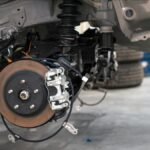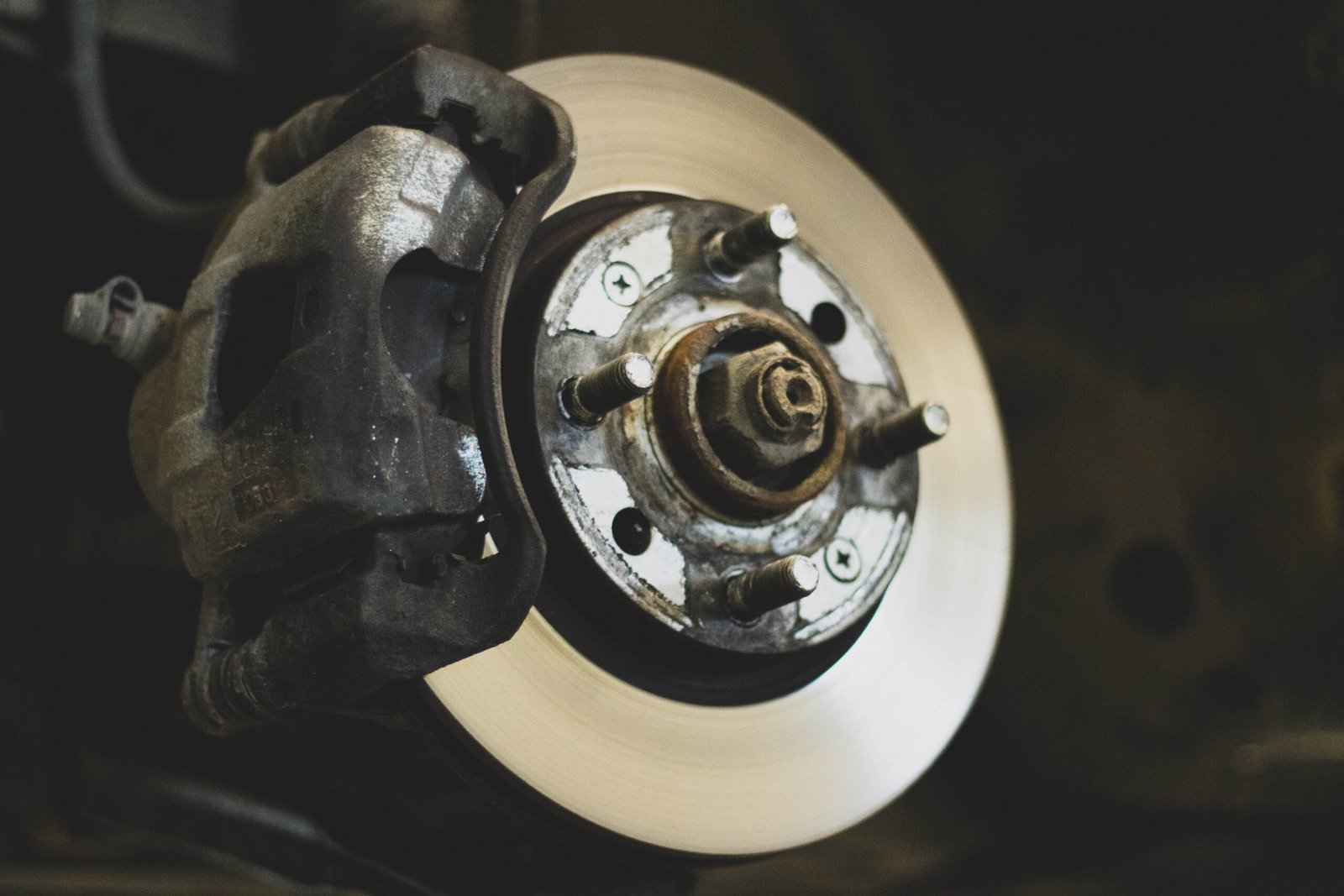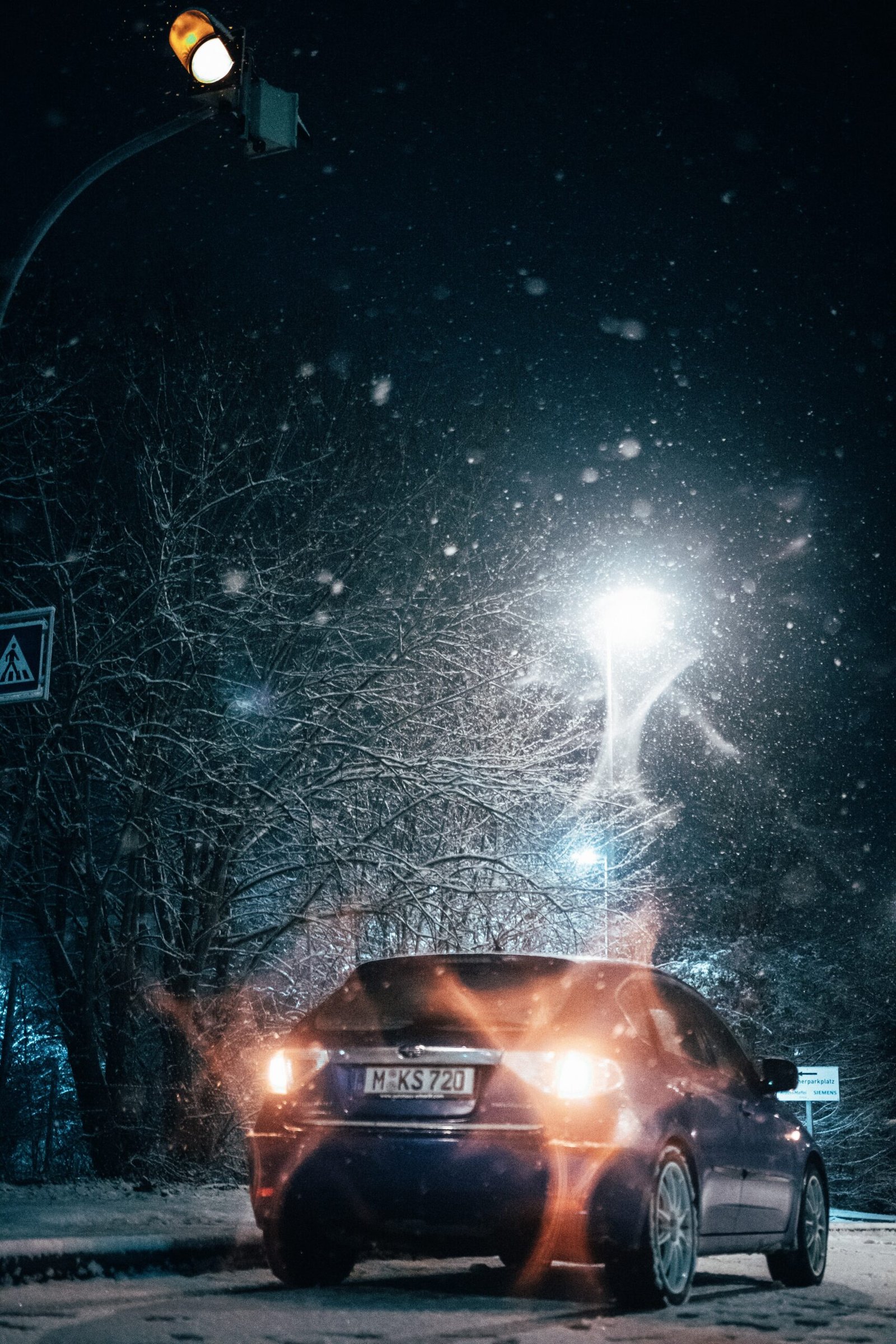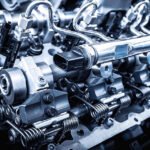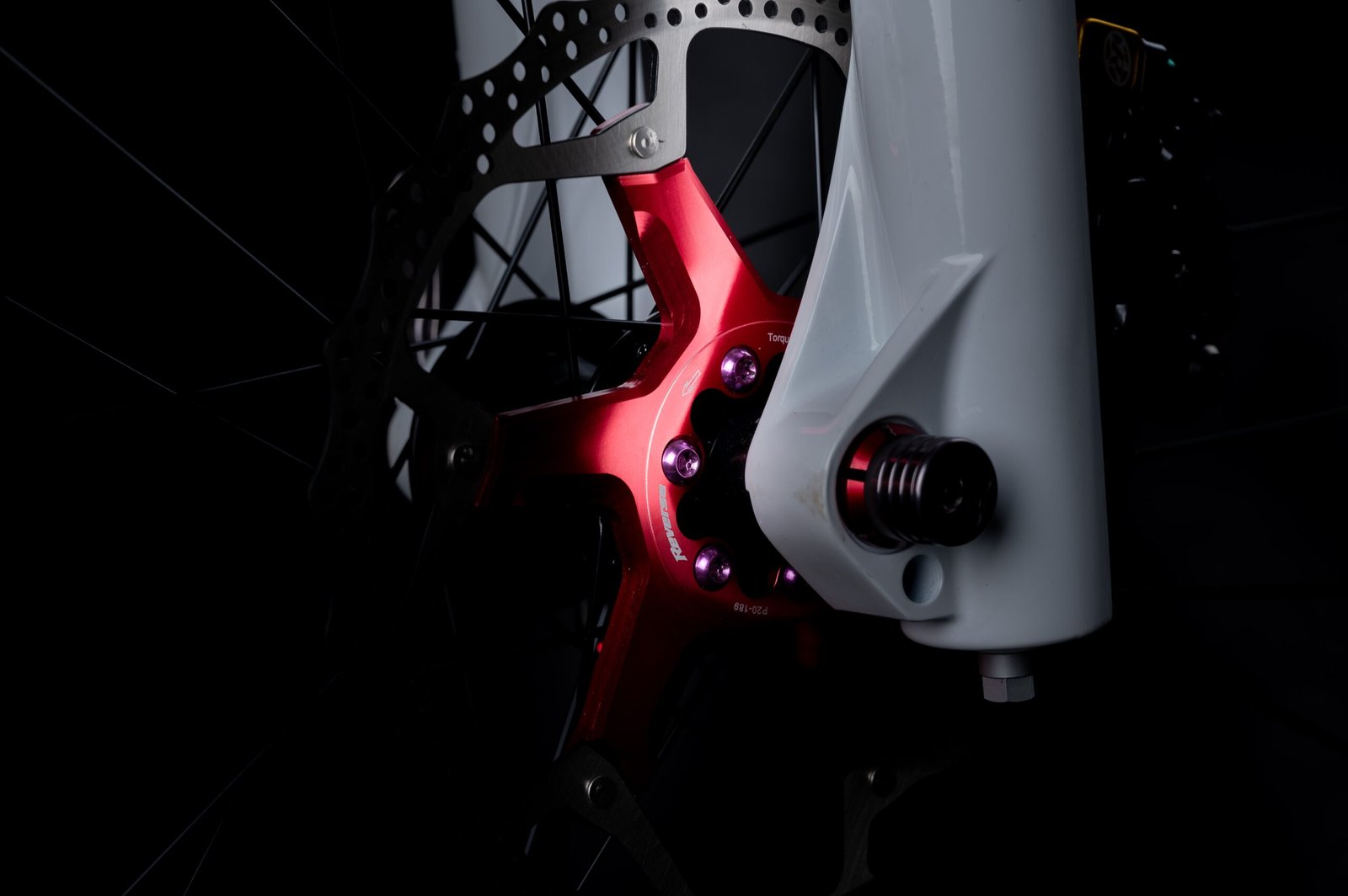
Why Are My Brakes Squealing and How to Stop Them?
Introduction
Brakes are one of the most crucial components of any vehicle, ensuring your safety on the road. However, if you’ve noticed a high-pitched squealing sound coming from your brakes, it can be quite alarming. In this article, we will explore the reasons behind brake squealing and provide you with some tips on how to stop them.
Reasons for Brake Squealing
There are several reasons why your brakes may be squealing:
1. Worn Brake Pads
One of the most common causes of brake squealing is worn brake pads. Over time, the brake pads can become thin, causing the metal indicator to come into contact with the rotor. This metal-on-metal contact creates the high-pitched squealing sound.
2. Dust and Debris
Dust, dirt, and debris can accumulate on the brake pads and rotors. When these particles get trapped between the pads and rotors, they can cause the brakes to squeal. Regular cleaning and maintenance can help prevent this issue.
3. Glazed Brake Pads
Brake pads can develop a glaze due to excessive heat. This glaze reduces the friction between the pads and rotors, resulting in brake squealing. Aggressive braking or riding the brakes can contribute to glazed brake pads.
4. Rotor Issues
Warped or unevenly worn rotors can also lead to brake squealing. When the brake pads come into contact with an uneven surface, it can cause vibrations and noise. Rotors should be inspected and resurfaced or replaced if necessary.
How to Stop Brake Squealing
If you’re experiencing brake squealing, here are some steps you can take to address the issue:
1. Replace Worn Brake Pads
If your brake pads are worn, it’s important to replace them as soon as possible. Ignoring worn brake pads can lead to further damage to your vehicle’s braking system. Consult your vehicle’s manual or seek professional help to ensure you select the correct brake pads for your vehicle.
2. Clean the Brakes
Regularly cleaning your brakes can help prevent dust and debris buildup. Use a brake cleaner spray and a brush to remove any dirt or particles from the brake pads and rotors. Be sure to follow the instructions on the brake cleaner product.
3. Resurface or Replace Rotors
If your rotors are warped or unevenly worn, they may need to be resurfaced or replaced. A professional mechanic can assess the condition of your rotors and recommend the appropriate course of action.
4. Use Brake Quiet or Anti-Squeal Lubricant
Applying a brake quiet or anti-squeal lubricant to the back of the brake pads can help reduce brake squealing. These lubricants create a barrier between the pads and calipers, reducing vibrations and noise.
5. Avoid Aggressive Braking
Aggressive braking can contribute to glazed brake pads and increased brake squealing. Try to brake smoothly and avoid riding the brakes whenever possible. This will help prevent excessive heat buildup and prolong the life of your brake pads.
6. Seek Professional Help
If you’re unsure about how to address brake squealing or if the issue persists after trying the above steps, it’s best to seek professional help. A qualified mechanic can diagnose the problem and provide the necessary repairs or replacements.
Conclusion
Brake squealing can be a sign of worn brake pads, dust and debris buildup, glazed brake pads, or rotor issues. By following the steps outlined in this article, you can effectively address brake squealing and ensure the optimal performance of your vehicle’s braking system. Remember, regular maintenance and prompt attention to any brake-related issues are essential for your safety on the road.

